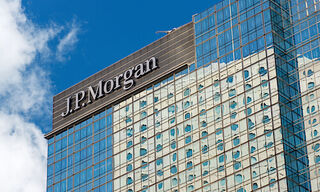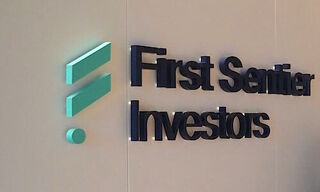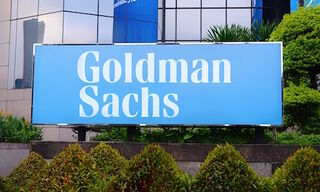HSBC CEO Sees «Reconfiguration», Not End of Globalization
The escalating trade war has led HSBC to increase credit provisions and project a potential hit to future revenue. However, CEO Georges Elhedery insists that this will not mark the end of globalization.
In anticipation of the rising risks from the trade war and unprecedented tariffs, HSBC has added a $200 million charge for expected credit losses (ECL) in the first quarter of 2025. It also modeled downside scenarios of even higher tariffs, slower growth, policy rate and inflation, forecasting a potential low single-digit percentage impact on revenues and incremental ECLs of around $500 million.
Despite the concerns, CEO Georges Elhedery remains optimistic about the future of globalization.
«We have been observing a trend of reconfiguration of globalization. We do not believe in the end of globalization,» Elhedery said during a media call for HSBC's quarterly earnings.
Increased Intra-Regional Trade
While Elhedery notes that there has been a «significant drop» in volumes along the US-China corridor in sectors that have not been provided with a waiver or reduction of tariffs, he sees growth in two main areas of trade. One is the so-called «China Plus One» strategy of diversifying supply chains outside of China and the second is intra-regional trade within Asia and the Middle East.
«While the first trend is going to be somewhat impacted by US tariffs because ultimately, China Plus One is likely to have a US nexus, the intra-regional trade patterns are immune. We've been watching that growth now for a few years,» Elhedery commented.
UK Headquarters to Stay
When asked about the possibility of moving HSBC's headquarters out of the UK to other potential locations, like Hong Kong, due to the trade war, Elhedery reiterated the bank’s existing stance.
«We have no plans of changing our domicile. We remain domiciled in the UK, and we call the UK and Hong Kong as home markets, but our head office is based in the UK. We have no plans to review this,» he underlined.
Delivery of Targets
Meanwhile, Elhedery said the bank remains confident in the delivery of its target of mid-teens return on average tangible equity (RoTE) in 2025, 2026 and 2027.
«We have assessed a range of adverse but plausible downside scenarios to model the impacts of significantly higher tariffs,» he added. «We recognize, though, that the broader impacts of the current conditions are more difficult to quantify, and we will continue to monitor these as we formulate our ongoing outlook.»


























